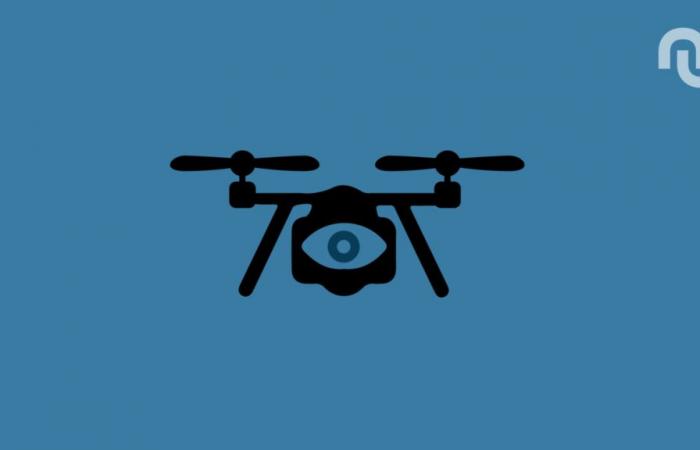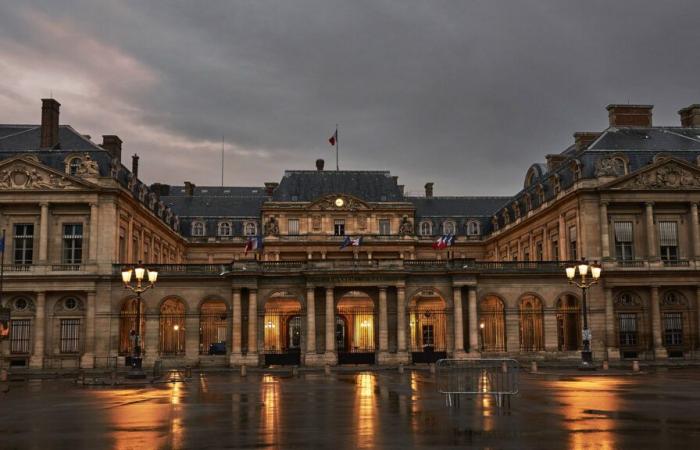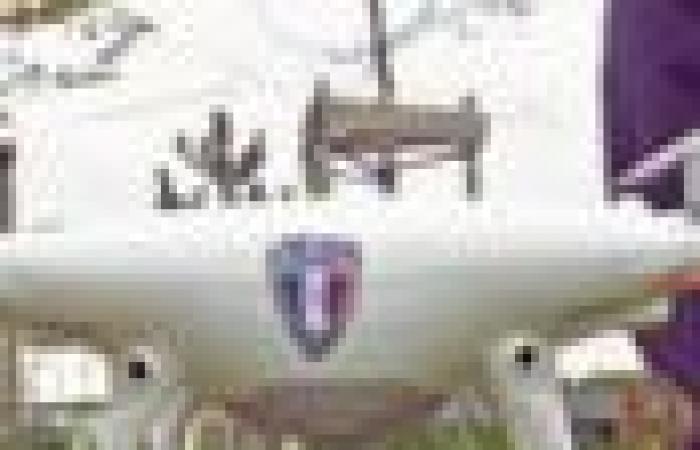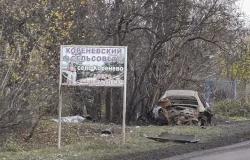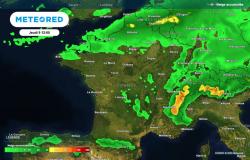The Council of State rejected appeals filed by associations, which attempted to obtain the invalidation of a decree concerning the use of drones by law enforcement. For the highest administrative court, the guarantees are there.
The use of surveillance drones for public security purposes is a practice that is taking root in France. In any case, this trajectory has just been reinforced by the Council of State: the highest administrative court in France rendered a decision at the end of December concerning requests which were precisely trying to oppose it.
The body wiped out the hopes of the Human Rights League, Quadrature du Net, Dataring as well as Adelico (association for the defense of constitutional freedoms). On December 30, 2024, it rejected their appeals against a decree dated April 19, 2023, relating to the use of drones for law enforcement purposes.
For the four associations, it was necessary to demand the annulment of this decree “ relating to the implementation of image processing using capture devices installed on aircraft for administrative police missions “, because it constituted a ” excess of power “. But this reading is not shared by the Council of State.
This content is blocked because you have not accepted cookies and other trackers. This content is provided by Twitter.
To be able to view it, you must accept the use carried out by Twitter with your data which may be used for the following purposes: allowing you to view and share content with social media, promoting the development and improvement of products from Humanoid and its partners, display personalized advertisements to you in relation to your profile and activity, define a personalized advertising profile, measure the performance of advertisements and content on this site and measure the audience of this site (find out more more)
By clicking on “I accept all”, you consent to the aforementioned purposes for all cookies and other trackers placed by Humanoid and its partners.
You can withdraw your consent at any time. For more information, we invite you to read our Cookies Policy.
I accept everything
Manage my choices
The numerous guarantees observed by the Council of State
In an opinion which develops its legal reading of the situation, the Council of State observes that there are numerous measures which serve to avoid excessive use of drones in the name of security. Thus, there is, for example, no sound capture by drones. Also no more file crossings and automated facial recognition.
There is of course the possibility of recording “ sensitive personal data » when using these surveillance drones. But, here again, the Council of State observes a retention limit (7 days from the end of the deployment of the system) and the impossibility of selecting individuals grouped into categories.
Exceptions may, however, exist. Thus, over the retention period of images captured by drones, the recordings can be kept in the event of legal, administrative or disciplinary proceedings. The same goes for capturing the interior of a home or the entrance. There is a general rule, and specific adjustments.
Thus, drones are used in such a way that they do not aim to film these points of view and, where appropriate, “ recording is immediately stopped “. However, if for the purposes of an operational action a view is required, then this exception is allowed. However, the images must be deleted within 48 hours.
Other safeguards are mentioned by the administrative jurisdiction. The green light to use such a system requires the approval of an authority (prefect of police or state representative in the department), in written and reasoned form. In addition, these authorizations can be challenged in court, via an administrative judge.
Furthermore, the April 2023 decree sets binding employment rules. The use of drones can only be done if it is impossible “ to use other less intrusive means with regard to the right to respect for private life or that the use of these means would be likely to result in serious threats to the physical integrity of agents ».
The decree also sets out the circumstances in which it is possible to use these devices: the fight against terrorist acts, helping people, the fight against illegal immigration at borders, the security of demonstrations, particularly sensitive ones, the safety of transport flows or even certain places at risk.
The CNIL had identified points for improvement
For its part, the National Commission for Information Technology and Liberties (Cnil) was required to verify the decree when it was still in draft form. In its deliberation of March 16, 2023, the body responsible for verifying whether the use of personal data is done within a reasonable and legal framework did not identify any really salient problem.
The CNIL understood the legitimate security needs, but pointed out areas for improvement. She also considered that the decree was acceptable provided that the recommended guarantees were properly applied (protection of privacy, limitation of purposes, reasonable retention period, information of individuals, etc.).
The CNIL suggested progress to be made in the encryption and signing of recordings. It proposed adding a timestamp to the streams and watermarking the video to discourage any modification of the content. Other avenues, including the revision of certain retention periods, were also formulated.
So, ” concerning the use of images for educational and training purposes after anonymization, the Commission recalls that anonymization must be effective “, he was asked. She even called for a reduction in the retention period (3 years) of the data of personnel working on these recordings.
The legal analysis of the Council of State, which extends to many other aspects of the decree, and develops the reasons why there is no problem, therefore puts an end to the actions of the associations. This is a decision on the merits, and not a summary suspension, which is a specific emergency procedure.
In passing, the highest French administrative court also extinguished the request of the associations which demanded to refer the matter to the Court of Justice of the European Union for a preliminary ruling. For the Council of State, this is not at all necessary, given all the explanations that were given in its decision.



